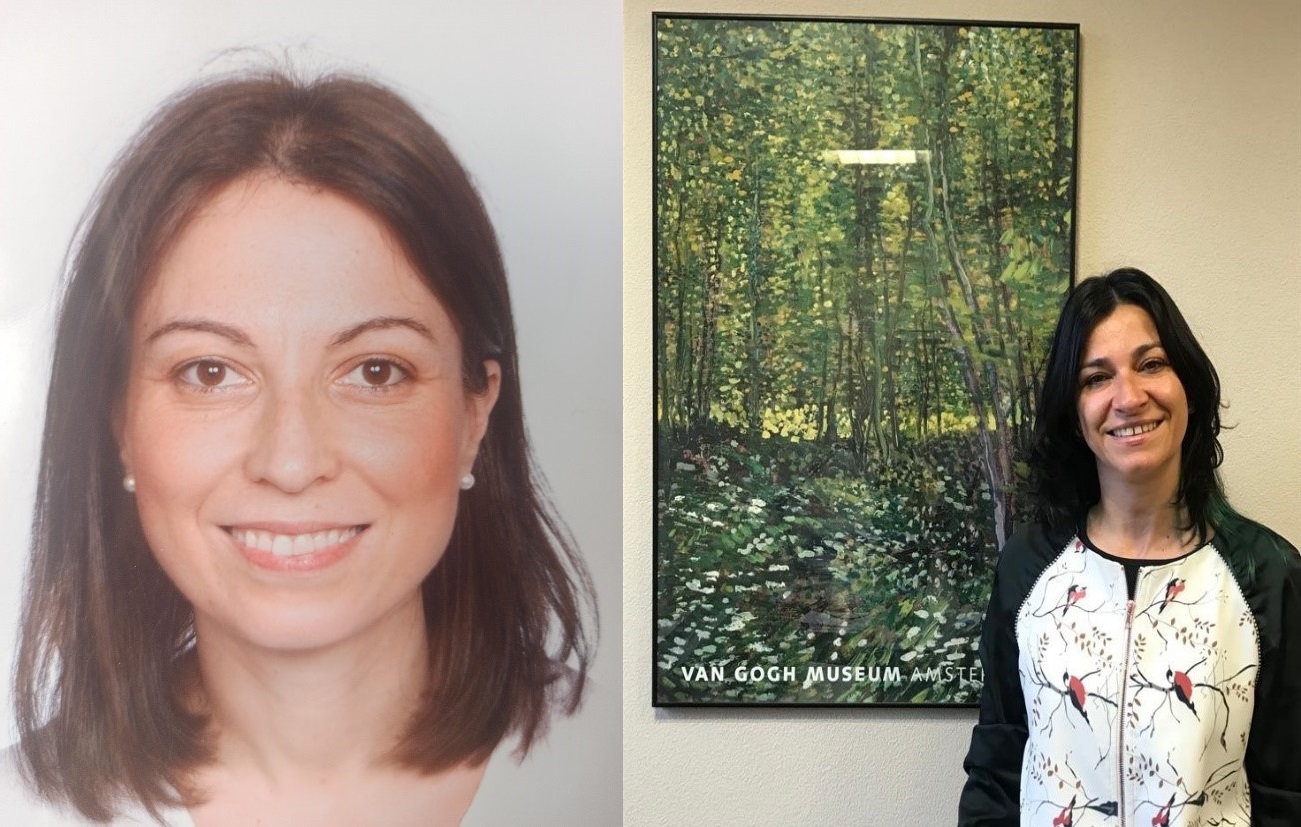Who’s who – the Spain National Team

date: 18/05/2022
Tell us a bit about you ‐ what is your background?
Noemí. I studied BSc in Mathematics at the Complutense University of Madrid. I became a civil servant of the Senior Corps of State Statisticians in 2004. Most of my professional career has been focused on official statistics, I worked at the National Statistics Institute for four years and at the Statistics Unit of the Ministry of Education, Culture and Sports for ten years. Since 2019, I have been working as a project coordinator at the Institute for Fiscal Studies, organisation attached to the Ministry of Finance focused on studies, research and economic and legal advice on matters related to public revenue and expenditure and their impact on the economic and social system, as well as the analysis and use of tax statistics. My areas of interest are poverty, income inequality and the redistributive effects of tax and transfer policies using microsimulation tools.
María. I studied degree in Applied Statistics in Complutense University of Madrid. I became a civil servant in 2004 and worked as a statistician for the National Institute of Statistics of Spain for nine years. Since October 2013 I has worked as a research officer at the Institute for Fiscal Studies where the Spanish EUROMOD team is located. My areas of interest are income inequality, income distribution and public policy.
When and what was your first contact with EUROMOD?
Noemí. My first contact with EUROMOD was in 2019 when I started working at the Institute for Fiscal Studies and became part of the Spanish team. That year I attended the EUROMOD introduction course in Essex and the Annual Meeting. These events were very interesting and useful to discover the potential of EUROMOD and to meet the JRC and other national teams. I also participated in some research projects using EUROMOD. My experience with EUROMOD has been very positive thanks to the support provided by the JRC team.
María. My first contact was with the update of the input database in 2015 which allowed me to have a better undestanding of the infomation needed to simulate the policies in EUROMOD. At that time, I also attended the EUROMOD introduction course in Essex and I also participated in the research work “Redistributive Effects of the Spanish 2015-2016 Personal Income Tax reform” presented at the World Congress of the International Microsimulation Association in Luxembourg.
What are your main responsibilities and what is your experience with EUROMOD?
The main tasks of the national team are updating the model and assessing the tax and benefits policies implemented in EUROMOD. Additionally, we are very interested in improving the simulation of certain policies, in strengthening the collaboration with the National Statistics Institute to improve the input data quality which could be very useful for the simulation of the take-up of some policies such as the national and regional minimum income policies and in coming up with new ideas such as matching of different data bases from social security registers and household budget surveys to improve the model.
Would you like to share any recent highlights for your country?
In relation to recent highlights in Spain we would like to mention the implementation of the nation-wide mínimum income and the review of the whole tax system made by a Group of Experts whose main proposals to carry out a structural reform for a more efficient and modern tax system have been disseminated in the White Paper on Tax Reform (Libro Blanco sobre la Reforma Tributaria) in march 2022.
